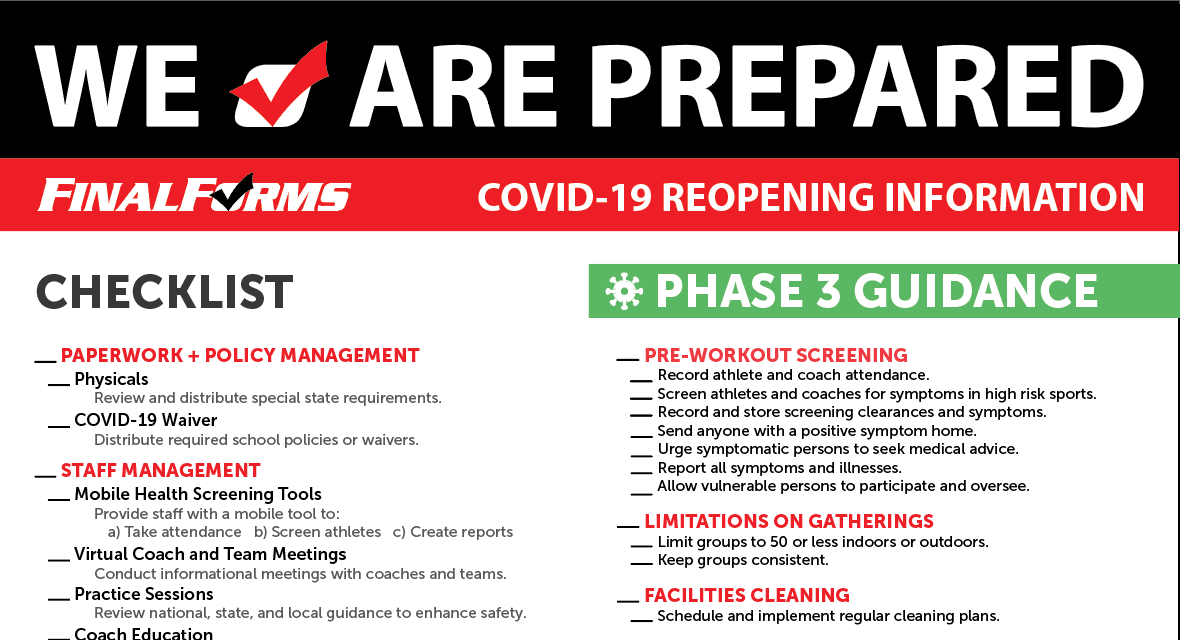
Athletic Director Jobs: A Comprehensive Guide to Success in Sports Administration
Discover the ins and outs of athletic director jobs: detailed job responsibilities, education paths, salary expectations, technology trends, top skills, and how to excel in the dynamic world of sports administration.
What Is an Athletic Director?
An athletic director is a senior management professional who oversees all aspects of an institution’s athletic programs, including hiring coaches, managing budgets, ensuring compliance, facility maintenance, and more. Athletic directors can work at high schools, colleges and universities, and within private or community sports organizations.
Key Responsibilities of Athletic Directors
- Overseeing the daily operations of sports programs—scheduling games, maintaining facilities, and ensuring safety protocols (source).
- Recruiting, hiring, supervising, and mentoring coaches and sports staff.
- Developing and managing athletic budgets and ensuring fiscal responsibility across teams.
- Implementing policies to maintain academic and athletic eligibility for student-athletes.
- Promoting sports events and fostering community relations.
- Managing athletic scholarships and compliance with regulatory agencies such as the NCAA or local education authorities.
- Upholding diversity, equity, and inclusion initiatives in sports programming.

Education Requirements & Career Path
Athletic director positions usually require at least a bachelor’s degree—often in sports management, education, business, or a related field. Senior roles or those at larger institutions may require a master’s degree, such as in sports administration or educational leadership (Indeed Career Guide).
Certifications may be required in some states or organizations (e.g., National Interscholastic Athletic Administrators Association). Experience in coaching, sports management, or education improves prospects.
Typical Career Path
- Start as a coach, assistant athletic director, or administrative assistant.
- Gain a bachelor’s degree and relevant certifications.
- Advance into athletic administration, potentially pursuing a master’s degree.
- Move into athletic director roles and progress to larger programs or higher education institutions.
Explore more on natrajpencilpckingjob.com for guides on job applications and preparation tips.

Athletic Director Salary & Job Outlook
According to recent data, athletic director salaries in the U.S. range from $60,000 for entry-level high school jobs to well over $200,000 for top collegiate or district-level positions. Average national salary is around $70,000–$130,000, depending on level, location, and experience (PayScale).
The job outlook is positive with expanding sports participation and compliance demands. The profession is projected to grow approximately 7% over the next decade (Zippia).

Top Skills for Athletic Director Success
- Leadership & Decision-Making: Overseeing diverse teams and making crucial choices.
- Organizational & Time Management: Balancing multiple programs, schedules, and budget streams efficiently.
- Communication: Bridging athletes, staff, stakeholders, and the community.
- Financial Acumen: Managing funds, fundraising, and budget adherence.
- Conflict Resolution: Handling disputes among athletes, coaches, or parents.
- Technological Competency: Using modern athletic administration tools and data analytics software (TealHQ).
- Adaptability: Responding to sports industry trends and regulatory changes.

Challenges Athletic Directors Face
- Budget Constraints: Balancing athletic excellence and operational costs (Prep Athletic Director).
- Compliance & Regulation: Keeping pace with local, state, and national rules (e.g., eligibility, Title IX).
- Staffing: Recruiting and retaining quality coaches and staff.
- Facility Management: Maintaining safe and modern sports facilities for all teams.
- Work-Life Balance: Managing the time and emotional energy needed for evenings and weekends.
- Community Relations: Navigating stakeholder expectations and media scrutiny.
Learn more about career management and overcoming job challenges at natrajpencilpckingjob.com.

Technology & Tools for Athletic Directors
Modern athletic directors leverage a suite of software and online platforms to streamline operations. Key types of technology include:
- Scheduling & Event Management: Tools like BigTeams and Finalsite Athletics Manager.
- Performance Analytics: Data platforms that track team and individual progress.
- Budgeting & Finances: Digital solutions for budget tracking, reporting, and fundraising.
- Communication Platforms: Engaging staff, students, and parents with real-time updates.
- Facility & Resource Management: Software for scheduling facilities and equipment maintenance.
- Compliance Tracking: Ensuring eligibility and recording required documents.

Future Trends in Athletic Director Jobs (2025+)
- Data Analytics & AI: Increasing use of analytics for performance optimization and injury prevention (Industry411).
- Student-Athlete Wellbeing: Greater focus on mental health and academic support services.
- Expansion of Women’s Sports: Growth in programming, funding, and visibility.
- NIL (Name, Image, Likeness): Increased attention to student-athlete branding and compliance in universities.
- Remote & Hybrid Management: Leveraging online tools for meetings, scheduling, and communication.
- Enhanced Facilities: Aging infrastructure is driving major upgrades and innovative designs.
:max_bytes(150000):strip_icc()/athletic-director-job-profile-3113301_final-6ffb5a327b564b11bf44bd27c2f1ee56.png)
Frequently Asked Questions (FAQ)
Is prior coaching experience required to become an athletic director?
Coaching experience is very beneficial and commonly seen in athletic director career paths, but with strong management or educational experience and the required degrees, direct coaching is not always mandatory.
What makes a great athletic director?
Leadership, communication, multitasking, and financial skills—combined with a passion for sports and the welfare of student-athletes—are central to success.
How can I stand out in applications?
Highlight certifications, hands-on leadership experiences, technological proficiency, and results-driven accomplishments.
For expert job application tips, visit natrajpencilpckingjob.com.


